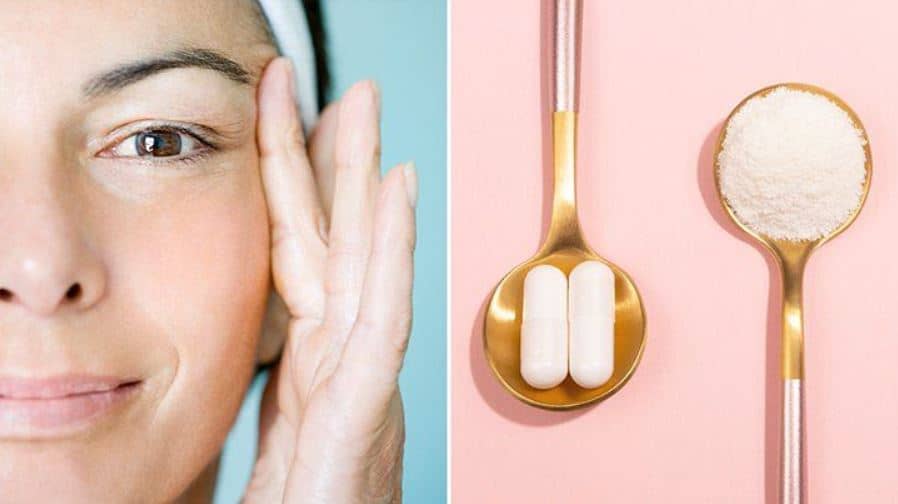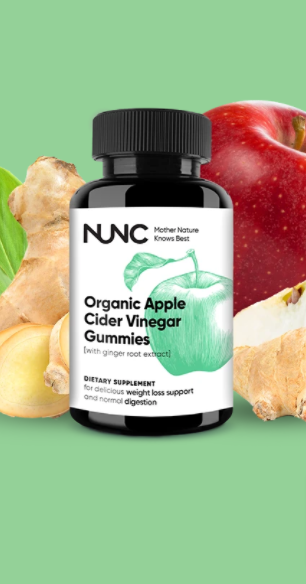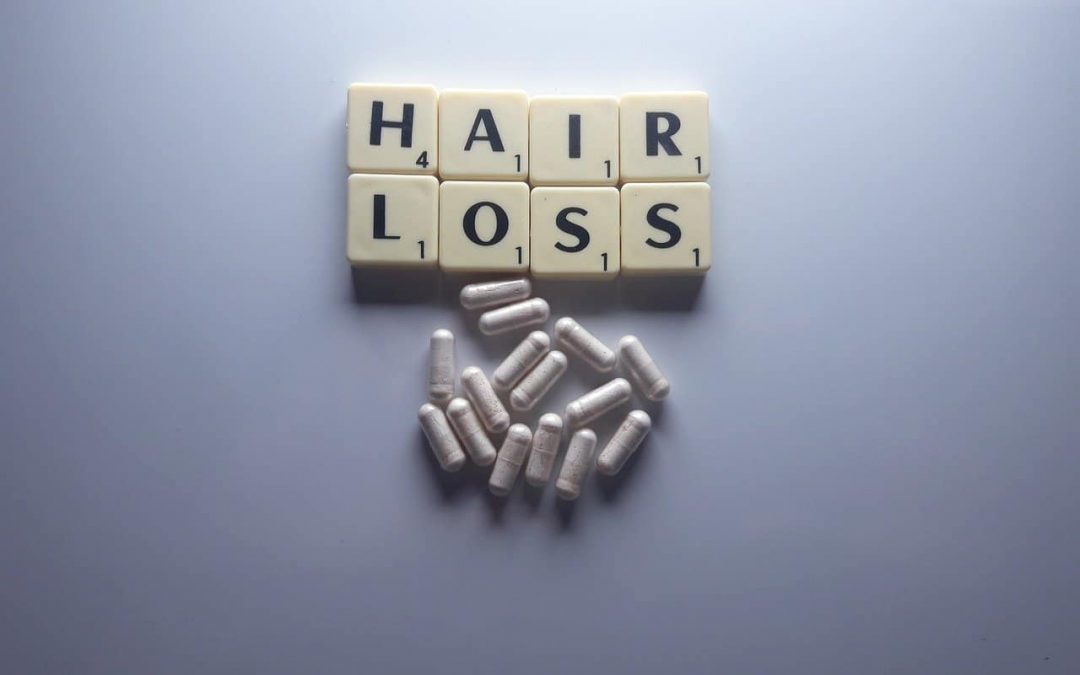People of all skin tones, genders, and ages have a major problem. We have all fallen victim to hyperpigmentation. After a time, our spots that come from acne scarring or just the sun really starting to show on our faces. The good news is there are vitamins available out there that can help you get rid of these dark spots on your face. Let’s see which ones work best and how it works.
Contents
- 1 What Role Do Vitamins Play In The Treatment Of Skin?
- 2 The Best Vitamins for Hyperpigmentation
- 3 How To Get Rid of Hyperpigmentation Using Vitamins?
- 4 How Long Do Vitamins For Hyperpigmentation Take To Work?
- 5 What Vitamins Can Lighten Dark Patches?
- 6 Is it Possible to Get Enough Vitamins for Skin in Food?
- 7 Do Vitamins Cause Skin Problems?
- 8 Is It Safe To Take Vitamins For Skin And Hormones?
- 9 The Best Way to Take these Vitamins?
- 10 Is It Possible To Take Too Many Vitamins?
- 11 Side Effects of Taking Vitamins For Skin Whitening
- 12 Is It Necessary to Visit a Doctor Before Taking Vitamins for My Skin?
- 13 Conclusion:
What Role Do Vitamins Play In The Treatment Of Skin?
Vitamin for skin whitening is one of the leading vitamins which has been used to treat hyperpigmentation. It helps in the reduction of melanin production and thus resulting in the lightening of the skin tone. vitamin A, vitamin C, and vitamin E are three well-known vitamins that can be consumed from our diet or taken as supplements that have been reported effective in treating hyperpigmentation.
The Best Vitamins for Hyperpigmentation

Skin hyperpigmentation is caused by a variety of factors. As a result, different sorts of skin pigmentation respond to various vitamin treatments.
Vitamin A, a retinoid in the family, is wonderful for removing dead cells. (Cell turnover is improved by skin exfoliation, which helps to speed hyperpigmentation reduction.) This vitamin is a great remedy for individuals who have dark spots as a result of acne.
Vitamin C is good for your skin since it increases collagen synthesis. This vitamin works well for sun-damaged skin with sunspots because it contains antioxidant properties and Vitamin C, which promotes collagen growth.
Vitamin E is an antioxidant vitamin that can help remove dark spots by combating free radicals. This vitamin also has anti-inflammatory properties, which means it reduces redness and irritation of the skin.
How To Get Rid of Hyperpigmentation Using Vitamins?
Vitamins are nutrients required by the body for various purposes. One of them is to guarantee cell health. When your body has the correct vitamins in the proper doses, these can aid in cell health and especially skin cell health. Vitamins applied to the skin directly have been found to have beneficial effects on the skin, according to studies. Because the skin absorbs vitamins after application, they are immediately bioavailable for your skin cells to utilize. This type of targeted delivery aids in the rapid improvement of the health of your cell membrane, resulting in healthier, more radiant, and more glowing skin.
How Long Do Vitamins For Hyperpigmentation Take To Work?
It depends on the individual and the severity of the hyperpigmentation. It generally takes vitamins for skin whitening for about four weeks to see results. Some people report it as early as two weeks but others may need as long as eight weeks or more. You must be patient and consistent with vitamin A, vitamin C, vitamin E along with other ingredients that reduce hyperpigmentation. It is not a quick fix but vitamin A will fade spots and vitamin C will brighten the skin. Vitamin E is good for preventing new hyperpigmentation from forming, so it may take a little longer to work but vitamin E works well with vitamin A.
What Vitamins Can Lighten Dark Patches?
The most effective approach to lighten dark spots is through bleaching. Vitamins may be used to brighten and lighten dark patches on your skin. Vitamin C, vitamin B12, and vitamin E are three of the most effective vitamins for lightening dark spots.
Vitamin C promotes the synthesis of collagen and inhibits melanin formation. Vitamin B12 is essential for healthy hair growth, and it encourages collagen formation while promoting the regeneration of new skin cells. Vitamin E is a common therapy for scarring because it helps to fade dark spots.
Is it Possible to Get Enough Vitamins for Skin in Food?
Yes, you can find enough vitamins for skin in food. Many different types of vitamins are beneficial for skin health, and most of them can be found in food. Vitamin A is abundant in carrots and vitamin C can be found in citrus fruits like oranges. Vitamin E is an antioxidant vitamin obtained easily from vegetables or through supplements.
Do Vitamins Cause Skin Problems?
Vitamins might cause skin issues in certain situations, but this is extremely unusual. The majority of the time, vitamin sensitivity, deficiency, or toxicity is to blame. Vitamin allergies can occur with any vitamin, as it is dependent on the immune response to the vitamin. Vitamin deficiency, such as hyperpigmentation and vitamin B12 insufficiency, is associated with hereditary diseases and severe undernourishment, both of which are extremely unusual. Vitamin toxicity, especially vitamin A, can cause a variety of health issues, as well as skin problems.
Is It Safe To Take Vitamins For Skin And Hormones?
Hormones have the potential to cause hyperpigmentation. Hormonal acne is one such condition. Like any other kind of acne, this variant might produce dark spots. Vitamins can aid in the treatment of this form of pigmentation. B and C vitamins, for example, can be taken in pill form or applied to the skin to help with hormonal acne. Vitamin C also aids in collagen synthesis, which helps to heal hormone-related blemishes. Vitamin C, like all antioxidants, has antibacterial and antifungal properties. Vitamin C also acts as a mild antibacterial agent when applied to the skin regularly.
The Best Way to Take these Vitamins?
The best way to take vitamins that treat hyperpigmentation may vary depending on the individual’s needs. However, vitamin C, vitamin E, vitamin B12, vitamin A, and vitamin K are all beneficial for hyperpigmentation regardless of their differences. Vitamin C can be taken orally or applied to the skin. Vitamin E might also be taken orally but it is better absorbed through topical application or ingestion in natural sources like nuts or vegetable oils. Vitamin B12 can be taken orally or injected into the skin. Vitamin A is also best suited for application to the skin rather than ingestion, but vitamin A can sometimes affect vitamin C uptake. Vitamin K is ingested like other vitamins but it has the potential to cause bruising if not consumed in small enough doses.
Taking a multivitamin every day is a good way to ensure that you are getting all of the nutrients your body needs to stay healthy. This vitamin is also important for hyperpigmentation. According to the “Journal of Dermatological Treatment,” vitamin C, vitamin E, and beta carotene are effective in treating age spots on the body.
Is It Possible To Take Too Many Vitamins?

Yes, it is possible to take too many vitamins, but a person would have to take an extremely large dose to get vitamin poisoning. Vitamin A and vitamin D can cause vitamin toxicity because they are fat-soluble and accumulate in the body’s tissues. This is not true for all vitamins.
Side Effects of Taking Vitamins For Skin Whitening
The most frequent adverse effect of using vitamins for the skin is mild, temporary discomfort. You may experience a little warm feeling or some minor irritation after applying vitamins for the first time, which fades after a few minutes. In extremely rare situations, some individuals may experience an allergic reaction that includes redness, soreness, and minor discomfort. In such circumstances, washing the afflicted region with water typically solves the problem.
Is It Necessary to Visit a Doctor Before Taking Vitamins for My Skin?
While it is not necessary to visit a doctor before taking vitamins for your skin, seeing a doctor will provide you with the greatest outcomes. Vitamins are generally unadulterated and quite safe to utilize. Nevertheless, vitamin insufficiency is a real condition that carries some very serious implications such as anemia and the potential to damage bones. Thus, it is important to see your physician if you are concerned about vitamin insufficiency or vitamin deficiency of any kind.
Conclusion:
Vitamins are frequently beneficial in the treatment of pigmentation disorders of the skin. However, due to the type and form of vitamin utilized, the outcomes may differ. It is essential to discuss vitamin treatment with your doctor before beginning any vitamin regimen. They will be able to give you the best advice based on your individual needs
Read More About:
Vitamins for oily skin what are they and where to find them?











0 Comments